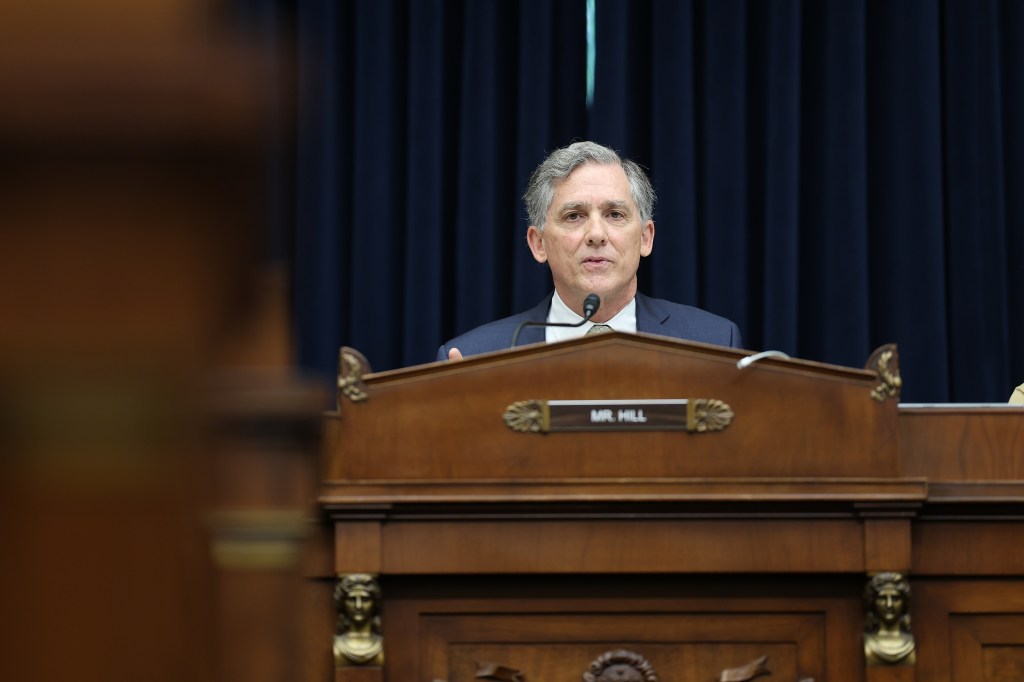FINRA requires firms to report large options positions to the Large Options Positions Report (LOPR) in order to try to prevent potential market manipulation attempts such as cornering the market or improperly changing the price of the underlying equity.
The alleged issues at UBS involved the failure to report 436,000 OTC options transactions and inaccurate reporting of more than 6.6 million OTC options positions between January 2010 and September 2021.
The technology that large banks rely on to log, track and report transactions is complex. Three separate issues with the systems underpinning LOPR reporting led to these particular problems:
- Where UBS acted as an intermediary between its US customers and foreign affiliates the positions were booked on foreign affiliate systems, which did not feed back into the UBS LOPR reporting system.
- The system utilised by UBS could not determine the short-covered quantities of OTC options positions and was programmed to report the default quantity and then, perhaps when the problem was spotted internally, was reprogrammed to report “a covered quantity of zero for new positions” – this was also inaccurate in some instances and did not correct the positions already misreported to the LOPR.
- A coding problem resulted in inaccurate account names and addresses being reported to the LOPR.
According to FINRA, the duty to supervise the business and ensure its compliance with its rules “includes the responsibility to reasonably investigate red flags that indicate rule violations may be occurring and to act upon the results”. In each case it appears that UBS was aware of the issues and even went so far as self-reporting them to FINRA, but did not correct the problems in a timely fashion. The problem with the feed from affiliates, for example, was identified in November 2013, but only self-reported in November 2017, and ultimately not corrected until June 2018.
As with many compliance issues that stem from the use of complex systems or from complex processes, identifying the problem is only the start of what can often be a long and drawn out process of fixing things – against the uncomfortable backdrop of knowing that the regulator is likely, ultimately, to hold you to account for any delays in doing so.














